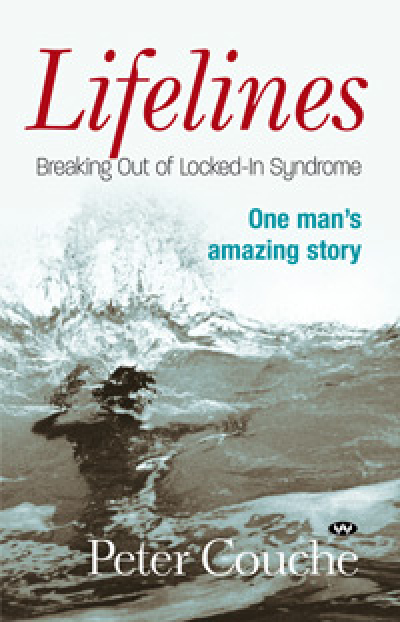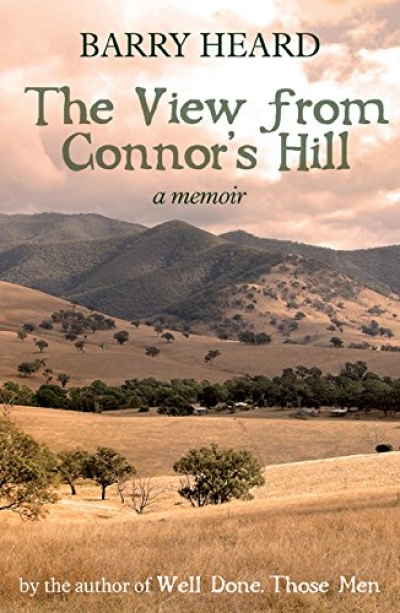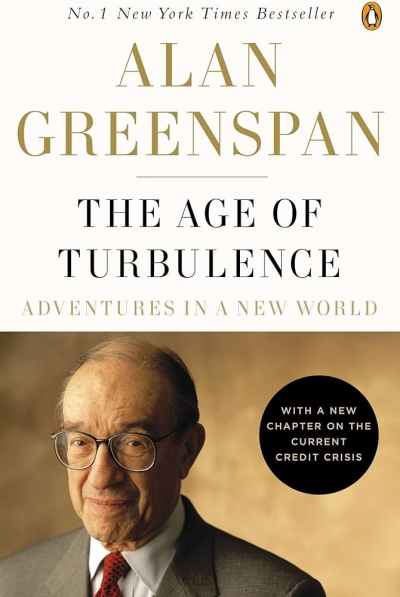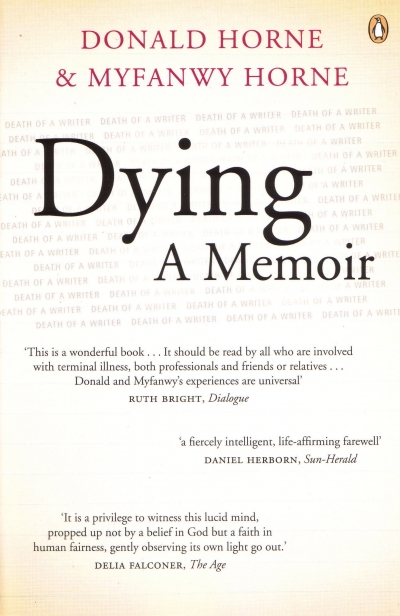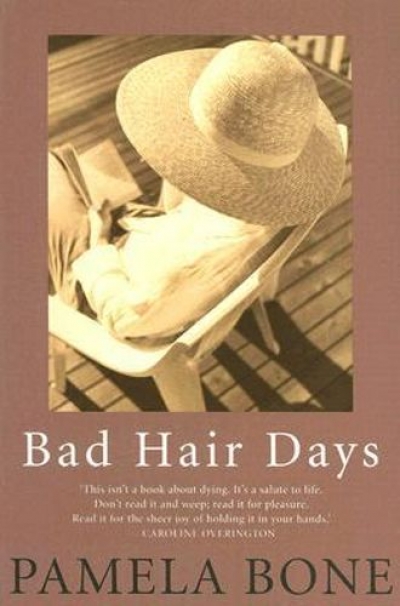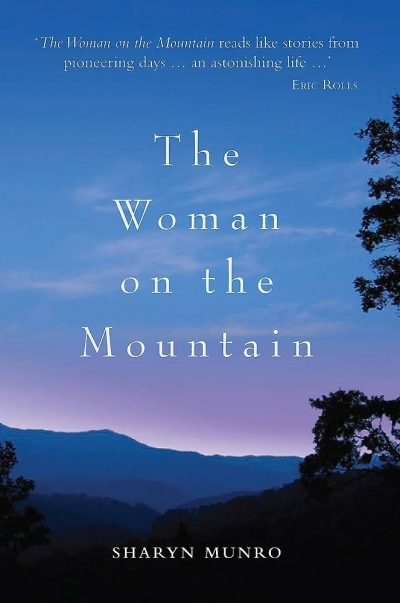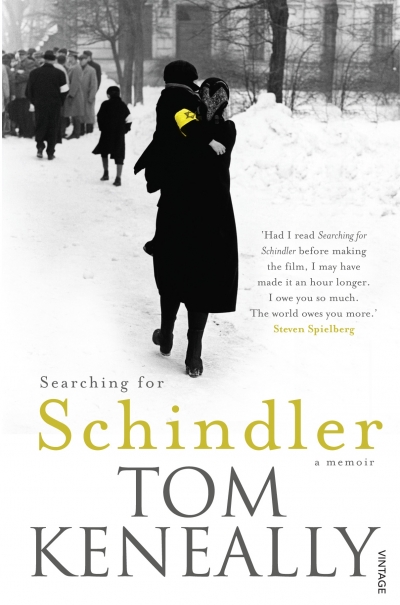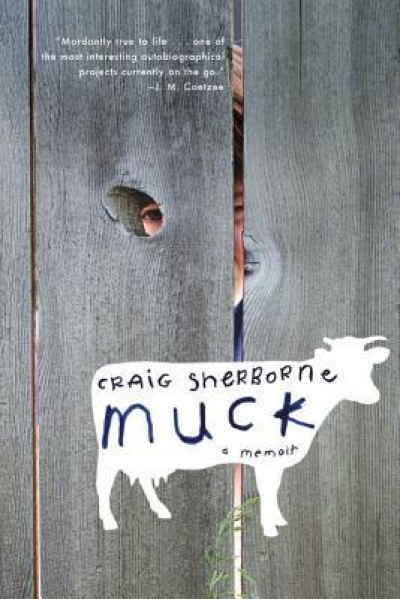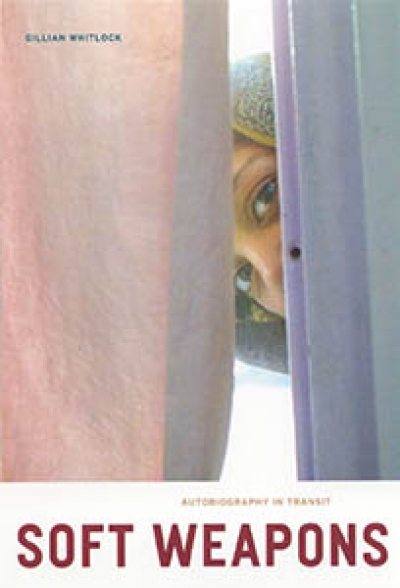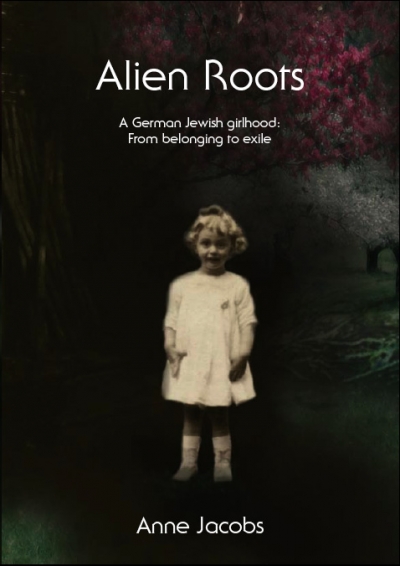Memoir
Lifelines: Breaking out of locked-in syndrome by Peter Couche
by Gillian Dooley •
The Age of Turbulence: Adventures in a new world by Alan Greenspan
by Steve Christie •
Dying: A memoir by Donald Horne and Myfanwy Horne
by Pamela Bone •
Sharyn Munro lives alone in a mudbrick house on a mountain near the Hunter River, many miles from the nearest shop or neighbour. In her late fifties, with arthritis slowly encroaching, she attempts to revegetate rainforest gullies, grows her own food and provides a refuge for wallabies, quolls and antechinus. Munro’s memoir, The Woman on the Mountain, sets out to explain this ‘foolhardy’ choice of abode.
... (read more)
